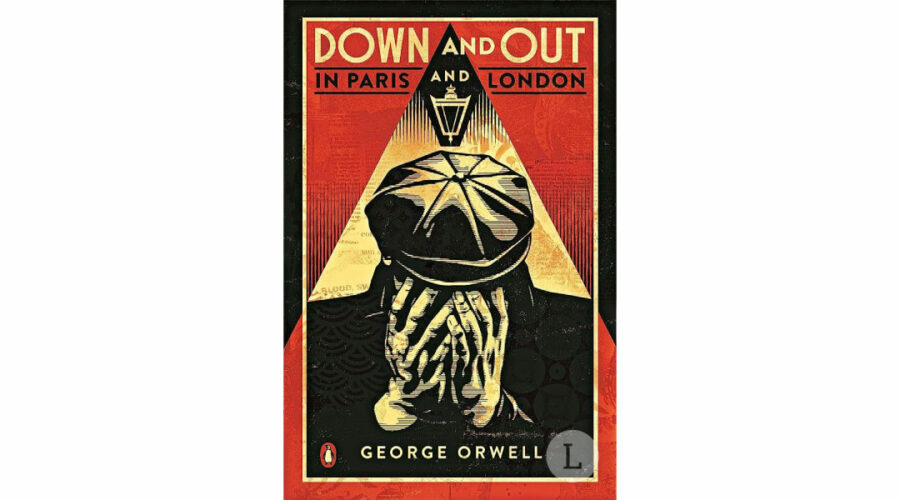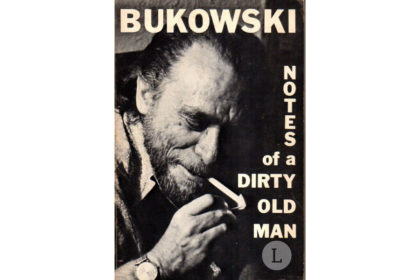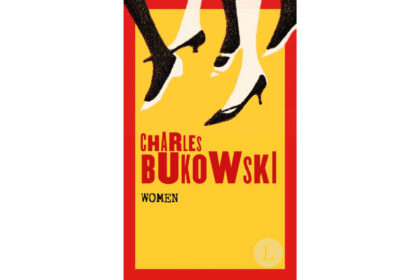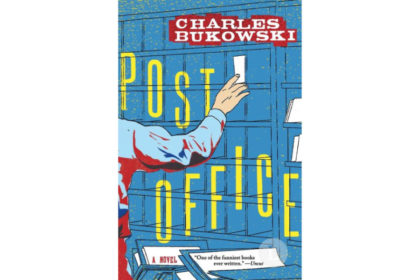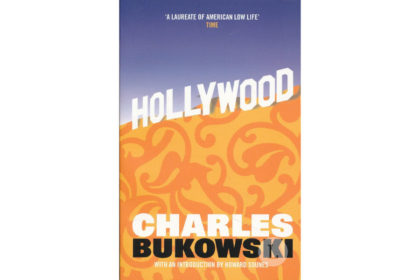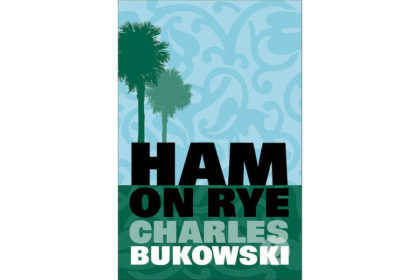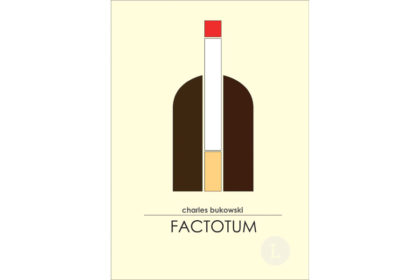Down and Out in Paris and London is George Orwell’s semi-autobiographical account of his experiences living in extreme poverty in Paris and London, first published in 1933. The novel explores the grim realities of destitution and sheds light on the …
George Orwell: Down and Out in Paris and London
